Overview of tension type headache
A tension headache is described as the most common type of headache in the world. There is no definitive clear cause for a tension headache but research has suggested it can be caused from stress or anxiety, sometimes certain smells, noise, bright lights and even tiredness and dehydration are known to be a trigger in some cases.
The pain of a tension headache can be felt on both sides of the head. Sometimes it can affect your neck and shoulder muscles too. It can be described as a tightening, dull ache or heavy type of pain but it is usually not severe enough to stop you from daily activities. These headaches can last for a couple of hours.
Headaches usually are more common in teenagers and more frequently with women rather than adult men. Tension headaches cannot be avoided so most people will experience a tension-type headache in their lifetime.

Chronic tension-type headaches occur when a person has more than 10-15 days headaches in a single month for more than 3 months. Tension-type headaches and migraines can be hard to distinguish and sometimes misdiagnosed. If you are experiencing a migraine it will be difficult for you to carry on with your daily activities and will need to stay in a dark room. A migraine can also make you feel sick or be sick, unlike a tension-type headache.
It is important that if you are experiencing a tension headache and it is affecting your daily life and/or is more happening more than 15 days in a month then a visit to your local GP or doctor would suffice. Occasionally headaches may indicate an underlying medical condition, to help your doctor you can keep a diary of when you get your headache, what they feel like, how long they are present and if there are any changes. Your doctor will be able to go through your medical history and current symptoms to help diagnose the type of headache you are having. You may also be referred to a specialist, like myself who provides specialised help for patients who are experiencing persistent tension headaches.
Treating tension-type headaches
The most common treatment for dissolving this headache will be paracetamol, ibuprofen, naproxen or aspirin. These are over the counter drugs that are supplied pretty much anywhere. Make sure you are not exceeding the recommended daily dosage and are not taking them for more than a couple days. Doing this may cause further symptoms and side effects.

Other home remedies or lifestyle changes may be also worth trying:
- Hot or cold compressed towels on the face and neck
- Maintaining good posture
- Drinking plenty of water
- Eating healthy and filling foods
- Spending less time on electronic screens such as phone or computer
- Relaxation techniques such as yoga, massage or exercise
- Getting fresh air
- Catching up on sleep, but making sure you do not over sleep as this may make it worse
These are simple tips but may help relieve some of the headache pain you are experiencing.
If your headache persists and you would like further clarification, a diagnosis or help then please do not hesitate to contact me for an appointment.
This article is intended to inform and give insight but not treat, diagnose or replace the advice of a doctor. Always seek medical advice with any questions regarding a medical condition.
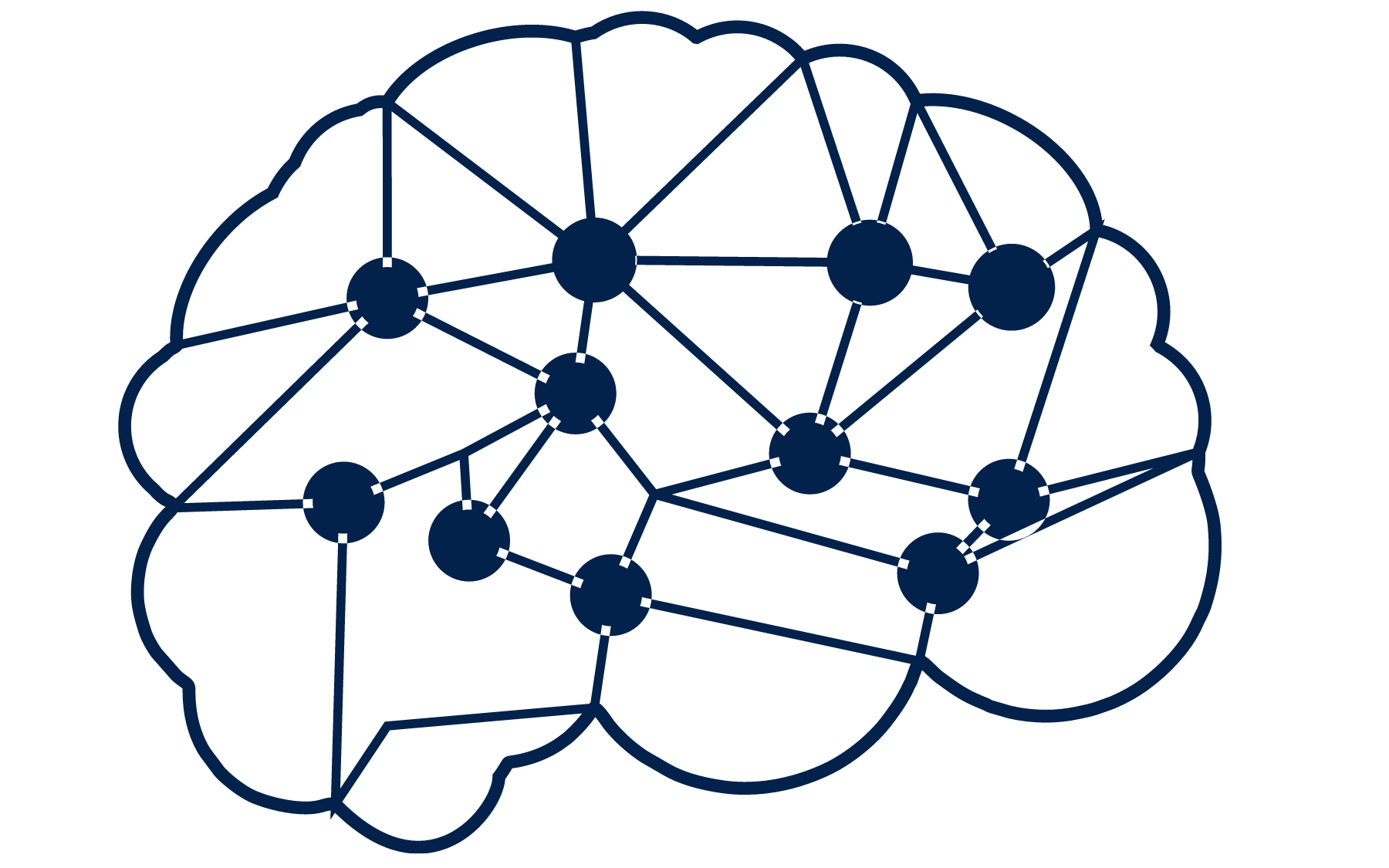
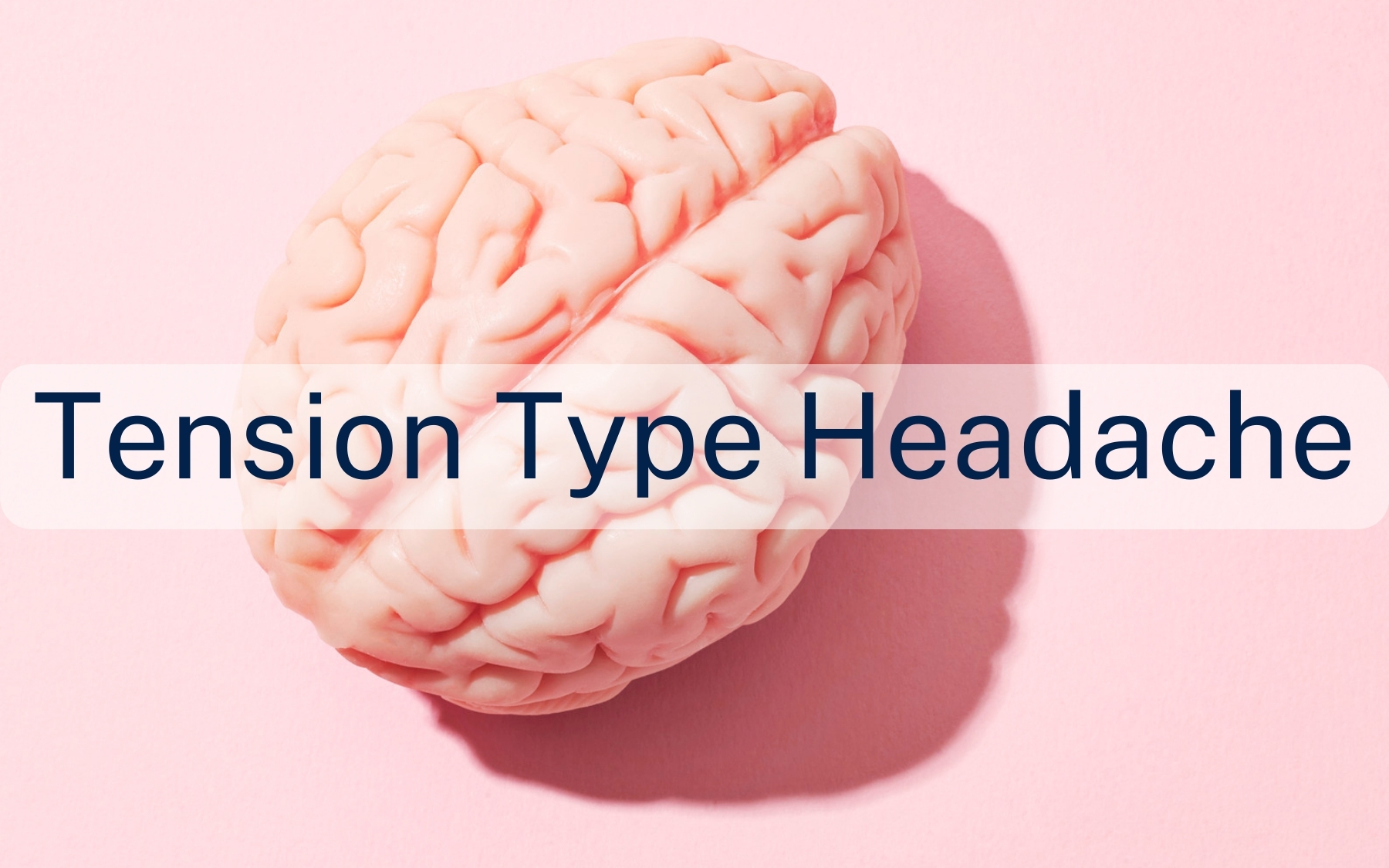
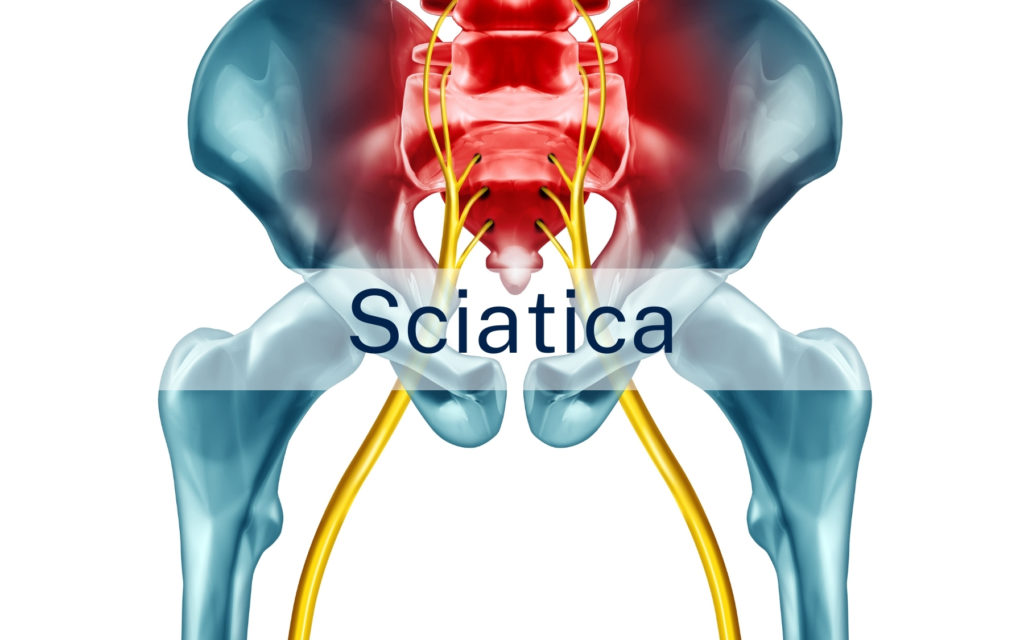
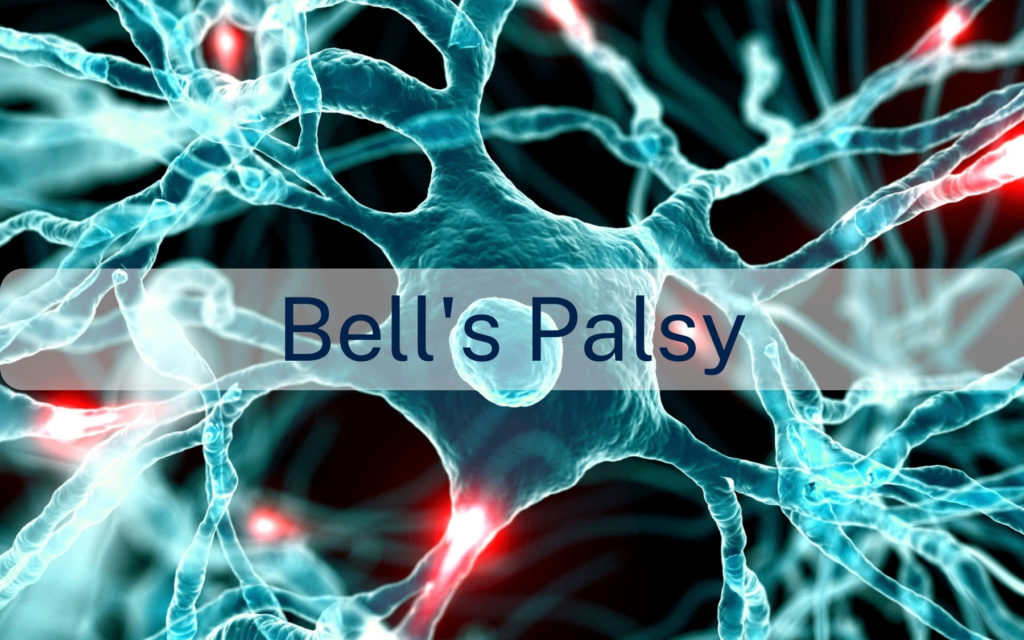
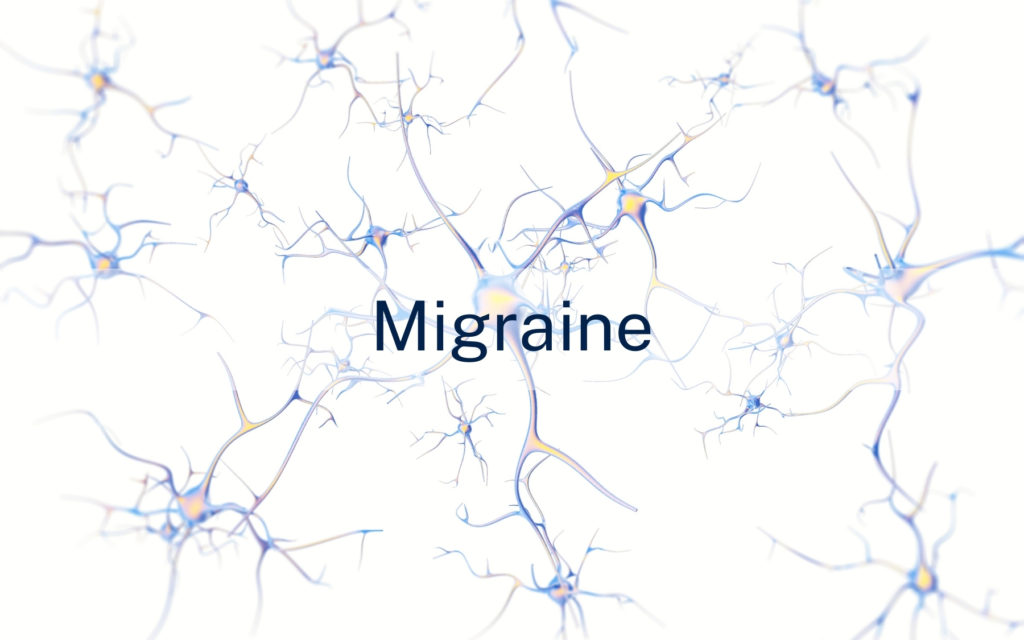
0 Comments